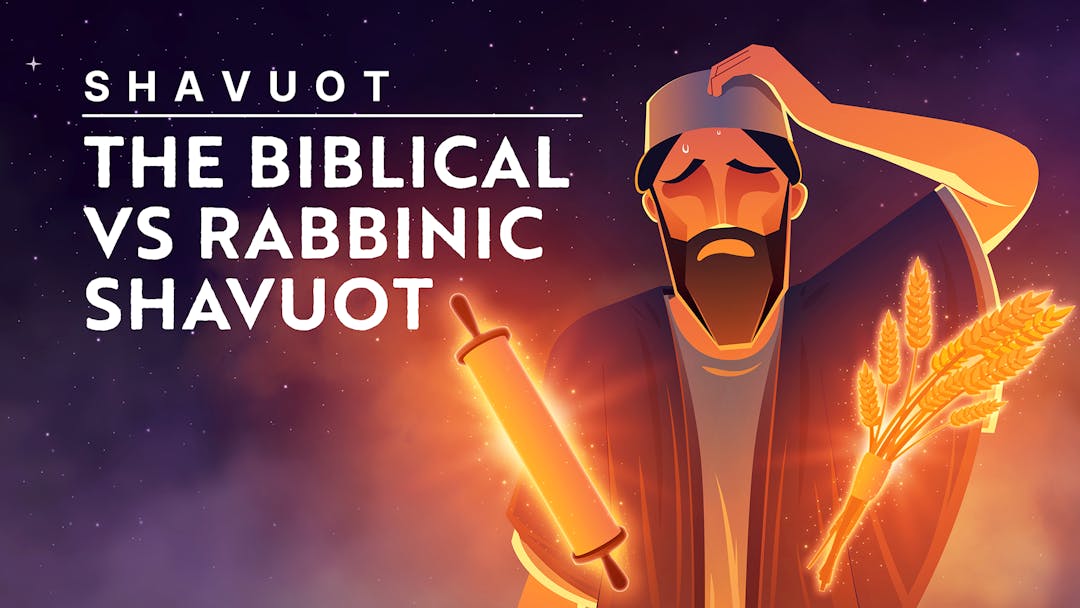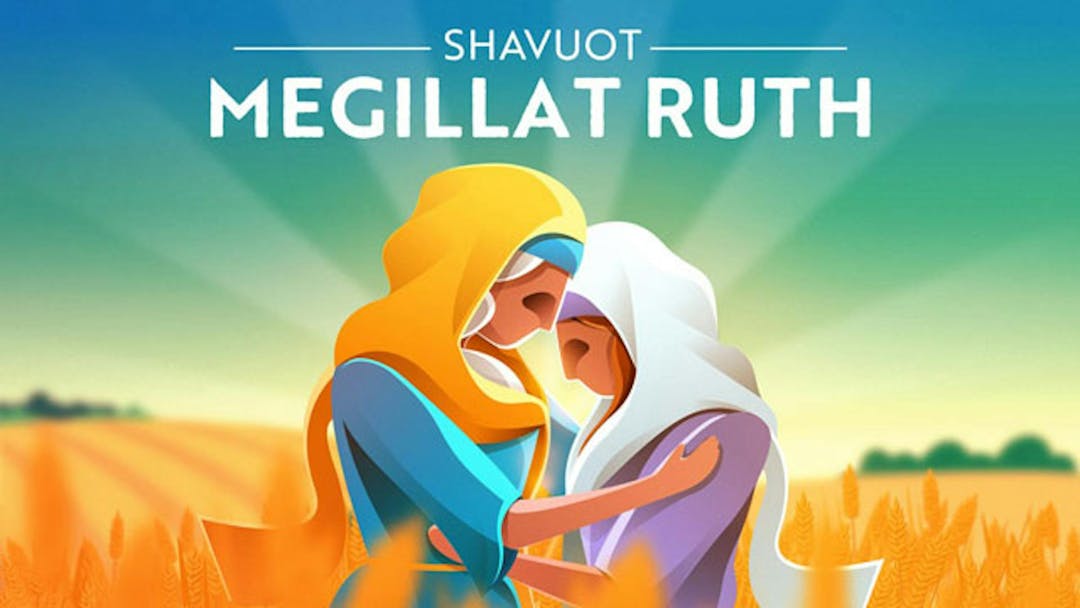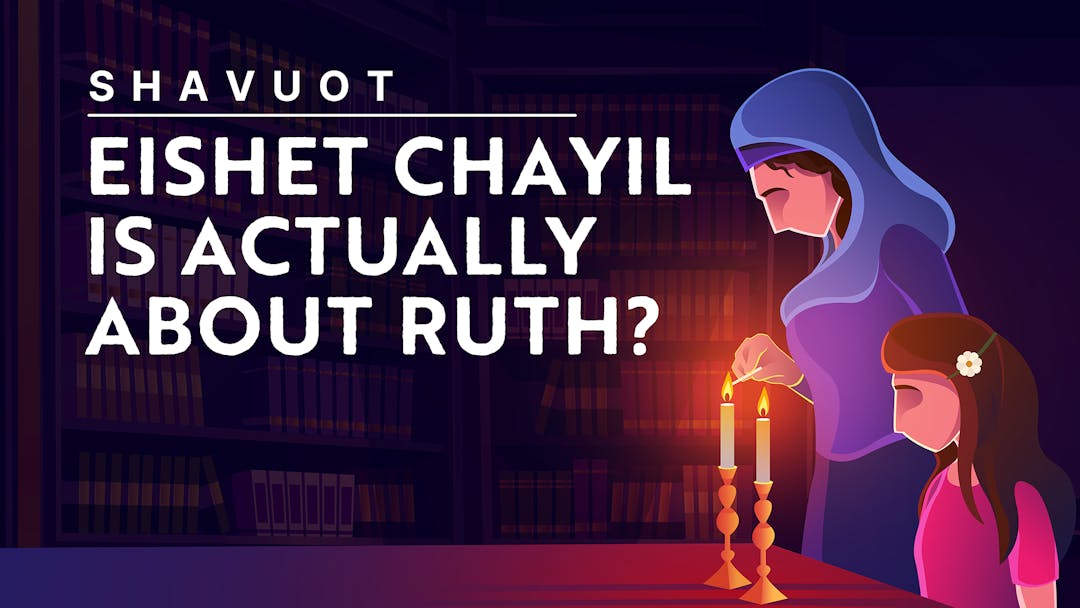Start your free trial today to unlock the full library and enjoy unlimited and uninterrupted access.
Get StartedWhy Is Shavuot Celebrated (Part 1 of 5)
Why Does Shavuot Mean "Weeks"?
"Shavuot! Laws!!! WOOHOO!!!"...said no one ever. So... why should we be excited about celebrating Shavuot? About the day when we honor the giving of the Torah? A super pious person might say: "We're rejoicing in the obligations that God placed upon us!", and while that sounds really nice and religious, let's get real: those laws are burdensome. So why are we pretending that they're so great?
And when you think about when God imposed these mitzvot on us, you have to ask: Wasn't it pretty lousy timing? We received the Torah fewer than two months after leaving bondage in Egypt. It's like we just got done celebrating our freedom from one master, from Pharaoh, and all of a sudden, God swoops in and says, "It's nice being free, huh? BAM!! 613 laws. You answer to Me now. Say bye-bye to your freedom. How do you like that?"
And... that's what we're celebrating on Shavuot??!
Look, no one's suggesting that we defy God. He's... God. The laws are the laws. But do we really have to be excited about it?
Watch this video and get excited about why we celebrate Shavuot. For real.
Discover other great Shavuot videos at Aleph Beta, including ‘The Origin of Shavuot’, ‘Our Guide To Celebrating Shavuot’, and more Shavuot Divrei Torah & Videos!
Want to watch the full video for free?
Enter your email and we’ll send you a link to watch the full series free.
What is Aleph Beta?
Aleph Beta is a unique kind of Torah library. Led by our founder, Rabbi David Fohrman, we are dedicated to high-level, textual Torah learning for adults that is intellectually and spiritually sophisticated, that enlivens your Jewish practice and helps you forge a deeper connection to God. Whether you’ve been learning in yeshiva for years or you’re just beginning your Torah journey, you’re sure to find something meaningful and surprising waiting for you here.
Browse our library of over 1,000 beautifully produced animated videos, podcasts, deep dive courses, and printable guides. Topics include the weekly parsha, Jewish holidays & fast days, laws & mitzvot, prayers, relationships, big philosophical ideas and more. Have something to say at the Shabbos table that will amaze your family and guests and bring deep meaning into their lives.











